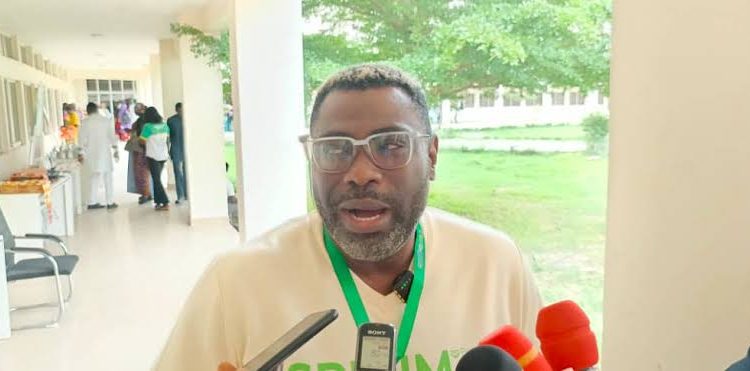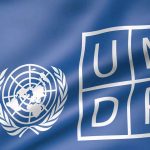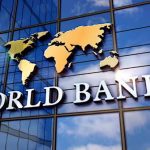Over 50 Micro, Small, and Medium Enterprises (MSMEs) in Nigeria’s Northeast region have received intensive training to align their businesses with international standards, improve market readiness, and adopt sustainable business practices. The training, held under the “Sustainability Coaching Program for Nature-Positive MSMEs in Nigeria (SPENM),” took place at the SPESSE Centre of Abubakar Tafawa Balewa University (ATBU), Bauchi.
Organised by the International Trade Facilitators Association (ITFA) in collaboration with the United Nations Development Programme (UNDP), the initiative is part of a nationwide effort to empower 470 MSMEs through knowledge transfer, value chain strengthening, and access to international markets. The programme is supported by the Global Environment Facility (GEF) Small Grants Programme and spans all six geopolitical zones of Nigeria.
During the opening session, Dr. Abel Owotemu, Technical Advisor and Business Coach with ITFA, said the training focused on the Business Model Canvas, a globally recognised tool that helps businesses define, structure, and refine their operations for growth and competitiveness.
“Our goal is to equip MSMEs, whether in Bauchi or Maiduguri, to meet international procurement and fair trade standards,” he said. “This isn’t just about building capacity. We are positioning these businesses for global relevance.”
Dr. Owotemu revealed that most MSMEs participating in the programme are women-led, a trend also seen in the Bauchi cohort. He noted the creation of a national database of trained MSMEs that will offer continuous support, open doors to international supply chains, and increase the potential for earning in foreign currencies.
Addressing challenges, he pointed out that many MSMEs struggle with technical understanding and communication. To bridge this gap, 15 to 20 experienced coaches—many fluent in local languages—have been deployed across regions to provide mentoring and hands-on guidance.
“This is part of a wider international strategy to elevate Nigerian MSMEs and make them globally competitive,” he said.
Also speaking at the event, Mr. Abdullahi Sidi-Aliyu, Director of Export Trade Development at ITFA, described the SPENM initiative as a transformative platform for building resilient and profitable social enterprises.
“Any support you receive from this programme is not the end, but a catalyst,” he said. “We are helping you grow sustainable businesses that also tackle environmental and social challenges.”
Mr. Sidi-Aliyu highlighted the programme’s emphasis on Fair Trade principles, particularly the Fair for Life (FFL) certification, which he described as vital for MSMEs seeking access to ethical markets. He added that participants will be featured in the upcoming ITFA Directory—an online platform that connects sustainable Nigerian enterprises with global investors and partners.
The programme also offers follow-up coaching to help MSMEs apply the strategies learned during training. Mr. Sidi-Aliyu encouraged participants to take full advantage of the resources, collaborate with peers, and embrace the programme’s long-term vision.










